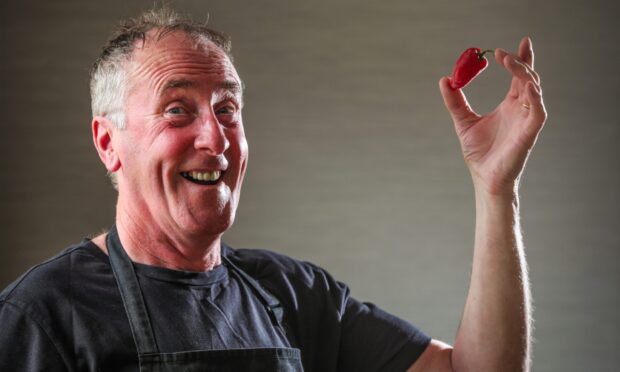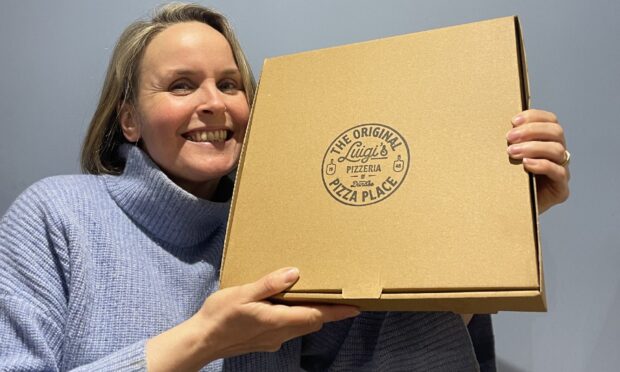After the disaster of a defeat against Ayr United earlier this month and the frustration of dropping a point at Morton, there were signs Dundee United are getting back on track as they headed to Inverness at the weekend.
The Tangerines left the Highlands gnashing their teeth about only taking a point from a game they dominated and should have won.
For Robbie Neilson and his players, though, the consolation was they had gone to one of the most difficult away venues in the Championship and stamped their authority and style of play on the proceedings in a way few sides can.
That was something they failed to achieve in that 5-0 hammering at the hands of the Honest Men and couldn’t maintain as they got dragged into a long-ball slugging bout in Greenock the following week.
Those performances led to the manager publicly reminding his players they are at their best when they get the ball down and pass.
It even saw him add if that leads to the odd problem from playing the ball out from tight areas instead of taking the easy option and lumping it down the park more in hope than expectation, it was a risk he’d take.
Pointing out if passes were completed nine times out of 10 and long balls only had a 50-50 chance of success, it was a case of playing percentage football, his logic was sound.
While the second tier is known as a physical league where teams must have the ability to battle and grind out results, there can be little doubt United’s best chance of winning promotion lies in them concentrating on producing good football.
And, in fairness, before the recent run of three games without a win, under Neilson United have shown that, once their quality gets them ahead, they’re now a squad that can successfully battle to stay ahead.
There is an argument, though, that too much of either and a winning formula will not be found.
At Inverness, United kept the ball very well and did create enough chances to win. Star striker Pavol Safranko had three decent chances and one of the gilt-edged variety.
All were with his head and, given the Slovakian’s obvious quality, it’s a fair bet if the same happens on any other day he’ll get on the scoresheet.
On top of that, young Matty Smith also saw an excellent effort miraculously saved by keeper Mark Ridgers, meaning on most occasions this was a game that would have been won.
Given their dominance of the ball, however, it’s fair to say United should have created more. That they didn’t might be a hangover from previous boss Csaba Laszlo’s year in charge.
Like every manager, Laszlo had his own football philosophy and a big part of it was keeping the ball at all costs.
Shortly after taking over, he told his players he’d rather they played the ball all the way back to the halfway line than take a gamble and just send it into the opposition penalty box.
While the theory behind that is understandable, it led to his team often passing the opposition to death but too often without creating chances, never mind scoring goals.
Particularly in the first half up at the Tulloch Caledonian Stadium on Saturday, that problem reared its head again. As the manager touched on in his post-match interview, on a string of occasions when they got the ball into the final third, the chance to get it into the penalty box was passed up in favour of a pass back to a deeper lying team-mate.
It might just be that, when in advanced areas, taking a gamble and putting in crosses that give the opposition something to defend would be a more fruitful option.










